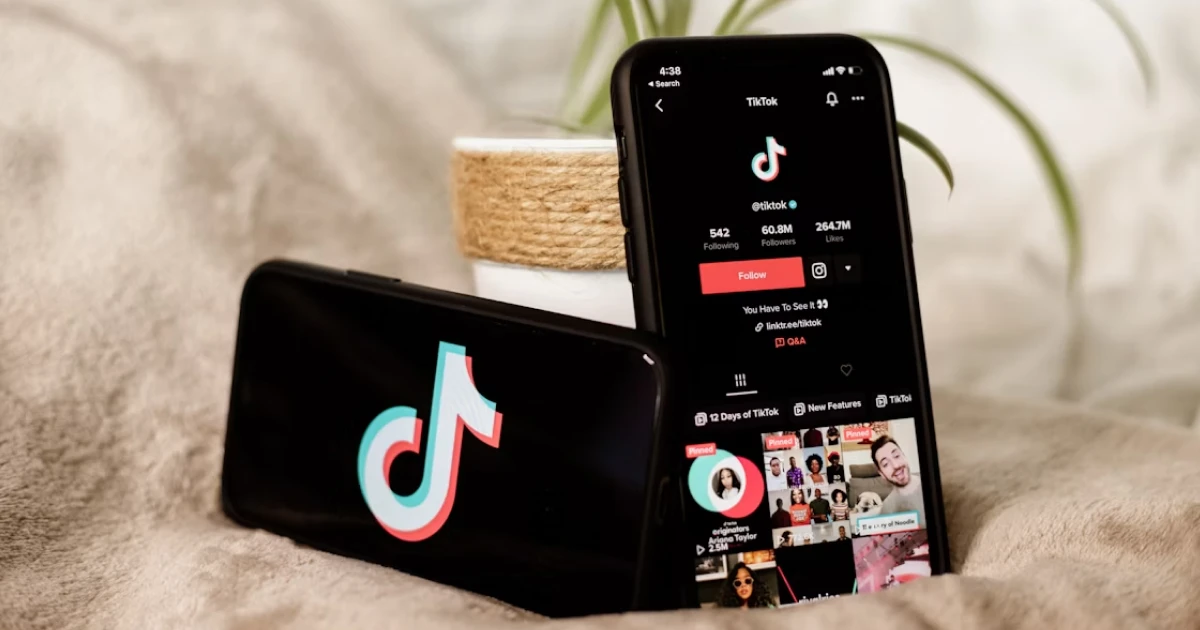Applebot-Extended is the way to respect the publisher's rights. However, this tool does not stop the original Applebot from dragging the website. Instead, it stops data scraping from training Apple's huge language models and other artificial intelligence projects. Publishers have the chance to block Applebot-Extended by updating a text file on their websites. This tool is called Robots Exclusion Protocol or Robots.txt.
Around 6% to 7% of high-traffic websites are blocking Applebot. Some companies either accept the Apple data scraping efforts or are unconscious of the option to decline. The Robots Exclusion Protocol has controlled how bots go about data scraping. This tool is the center of an immense fight over how artificial intelligence gets trained.
Robots.txt lets owners block or allow bots on a case-by-case basis. Also, there is no legal responsibility for bots to attach to what the text file says. But submission is a long-standing rule. The artificial intelligence tool is new, so a few websites have blocked it yet.
The analysis made by the data journalist Ben Welsh illustrates that just over a quarter of the news websites he found are blocking the AI tool. In contrast, Welsh discovered that 53% of the news websites blocked the OpenAI bot. Approximately 43% of those websites block the Google AI bot they introduced.
`A bit of a divide has emerged among news publishers about whether or not they want to block these bots,` declared Ben Welsh. `I don't have the answer to why every news organization made its decision. Obviously, we can read about many of them making licensing deals, where they're being paid in exchange for letting the bots in—maybe that's a factor.`




.webp)











